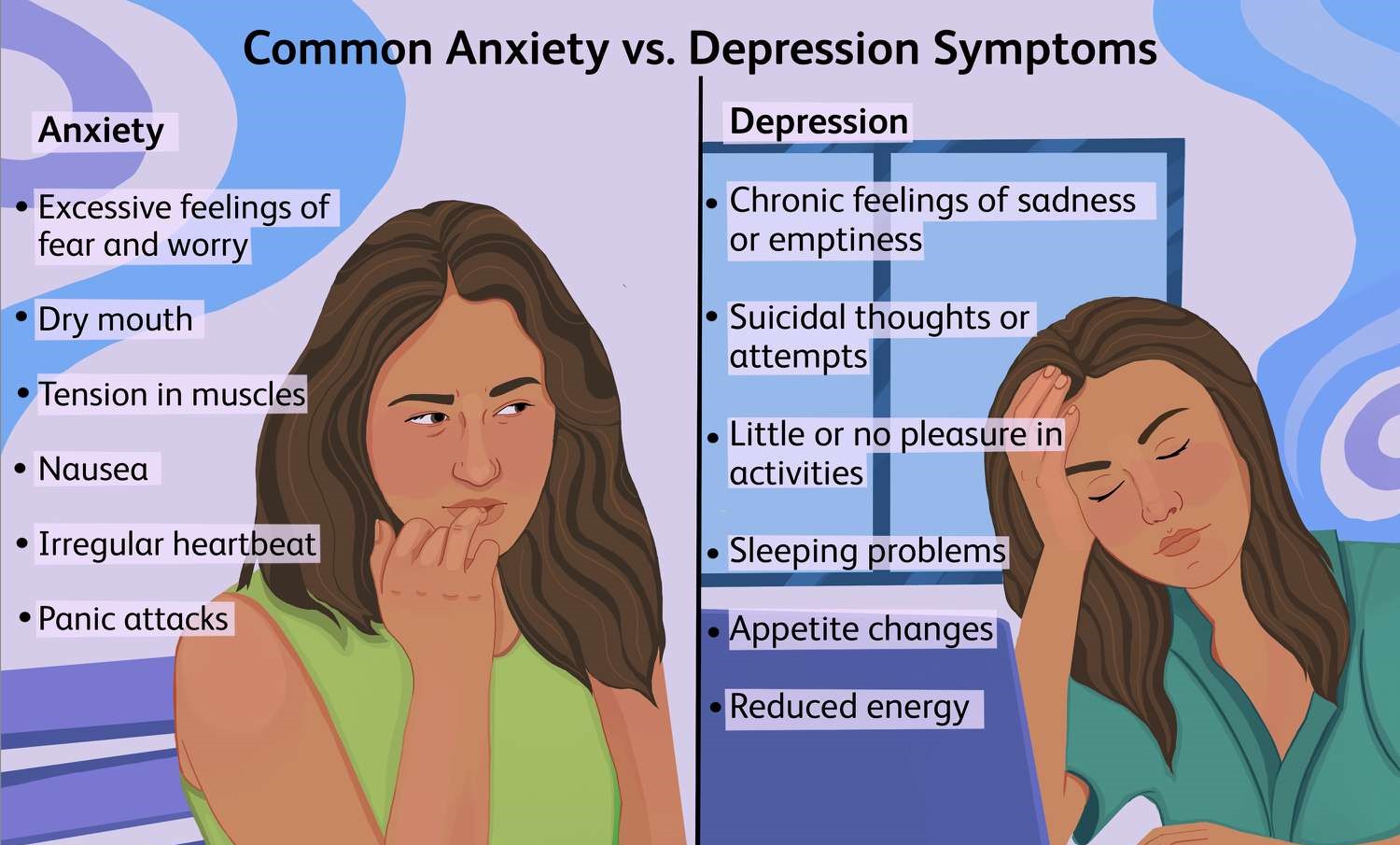Homeopathic Treatment of Depression
Homeopathic treatment of Depression
Depression Signs and Symptoms
Depression is a term that can refer to a wide variety of abnormal variations in an individual's mood. The changes in an individual's mood are persistent and cause distress or impairment in functioning
Constant feelings of sadness, irritability, or tension, crying spells.
- Decreased interest or pleasure in usual activities or hobbies.
- Loss of energy, feeling tired despite lack of activity
- A change in appetite, with significant weight loss or weight gain
- A change in sleeping patterns, such as difficulty sleeping, early morning awakening, or sleeping too much
- Feeling nervous or anxious, Restlessness, irritability or feeling slowed down.
- Unexplained physical symptoms
- Decreased ability to make decisions or concentrate, week memory
- Feelings of worthlessness, hopelessness, or guilt
- Decreased libido
- Thoughts of suicide or death.
- Children with depression may also experience the classic symptoms but may exhibit other symptoms as well, including the following: poor school performance, persistent boredom frequent complaints of physical problems such as headaches and stomachaches, frequent crying, seeking alone, child expresses thoughts about hurting him or herself, or exhibits reckless or other harmful behavior etc.
- Teenager may show depression by taking more risks and/or showing less concern for their own safety. Examples of risk-taking behaviors include driving recklessly/at excessive speed, becoming intoxicated with alcohol or other drugs, especially in situations where they drive or may be in the presence of others who engage in risky behaviors; engaging in promiscuous or unprotected sex.
Causes of Depression
Depression has no single cause; often, it results from a combination of things. You may have no idea why depression has struck you. Whatever its cause, depression is not just a state of mind. It is related to physical changes in the brain, and connected to an imbalance of a type of chemical that carries signals in your brain and nerves. These chemicals are called neurotransmitters.
Some of the more common factors involved in depression are:
- Family history. Genetics play an important part in depression. It can run in families for generations.
- Trauma and stress. Things like financial problems, the breakup of a relationship, or the death of a loved one can bring on depression. You can become depressed after changes in your life, like starting a new job, graduating from school, or getting married.
- Pessimistic personality. People who have low self-esteem and a negative outlook are at higher risk of becoming depressed. These traits may actually be caused by low-level depression (called dysthymia).
- Physical conditions. Serious medical conditions like heart disease, cancer, and HIV can contribute to depression, partly because of the physical weakness and stress they bring on. Depression can make medical conditions worse, since it weakens the immune system and can make pain harder to bear. In some cases, depression can be caused by medications used to treat medical conditions.
- Psychological disorders. Anxiety disorders, eating disorders, schizophrenia, and (especially) substance abuse often appear along with depression.
- Medications: Some medications used for long periods, such as prednisone, certain blood pressure medicines, sleeping pills, antibiotics and even birth control pills in some cases, can cause depression or make an existing depression worse.
- Substance abuse: While it has long been believed that depression caused people to misuse alcohol and drugs in an attempt to make themselves feel better (self-medication), it is now thought that the reverse can also be the case; substance abuse can actually cause depression.
- Diet: Deficiencies in certain vitamins, such as folic acid and B-12, may cause depression.
- Certain people are more likely to develop clinical depression. The following are risk factors for depression in adults: female sex, advanced age, lower socioeconomic status, recent stressful life experience, lack of social support
- Risk factors for childhood or teen: Depressions include the following: continual mental or emotional stress, at home or at school, a recent loss, attention, learning, or conduct disorder, and obesity.
- Risk factors for depression in elderly: especially important are co-occurring illnesses: diseases with which depression is more likely to occur include heart disease, stroke, diabetes, cancer, thyroid disease, Parkinson disease, and Alzheimer disease. Living alone, social isolation, Being recently widowed etc.
Depression Questionnaire:
The following depression questionnaire has 16 simple questions that may help identify common symptoms of depression. The results can be a helpful way to discuss your condition with your doctor and actually help him to diagnose your condition. After answering the questions provided on the following pages, print the completed questionnaire and discuss any concerns with your doctor.
